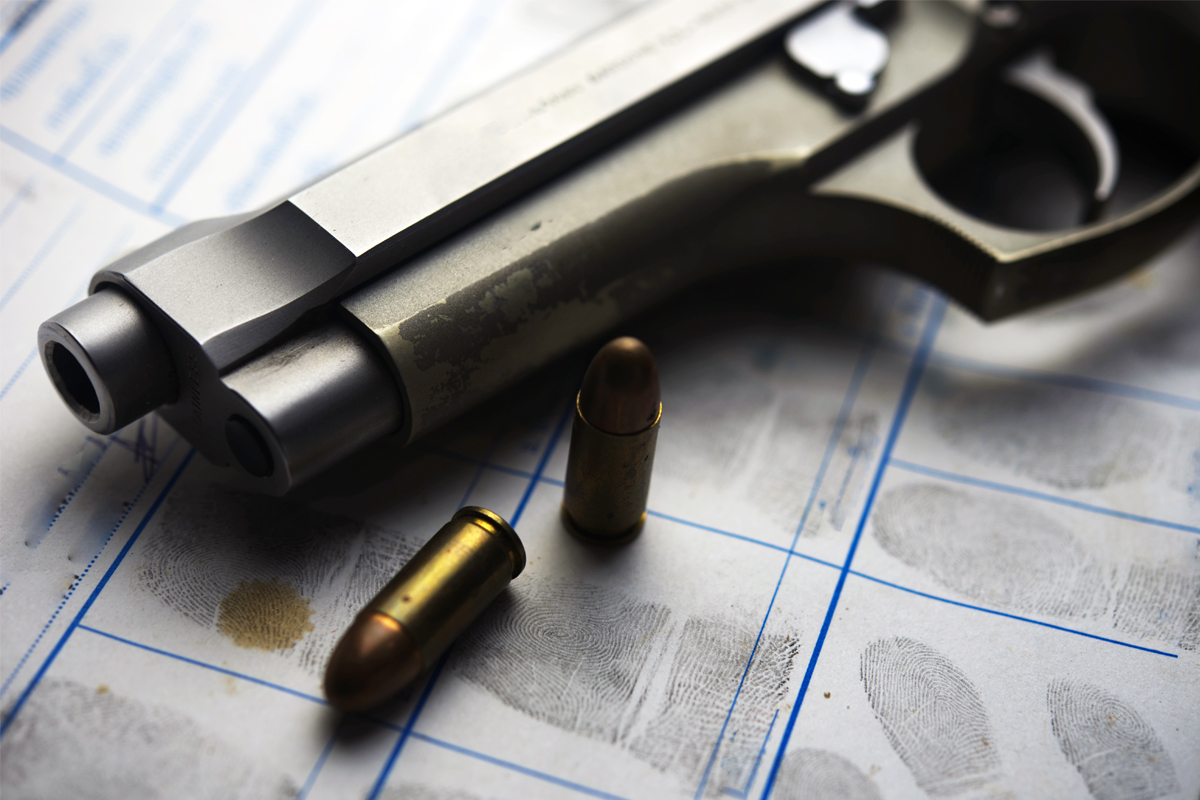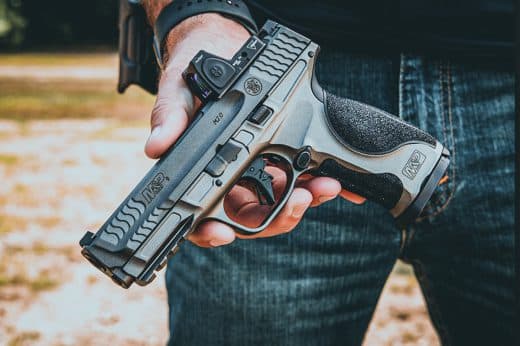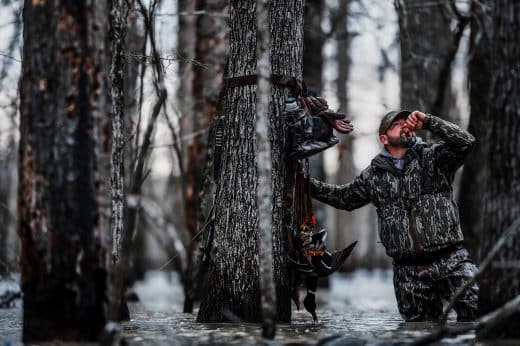Last month, the results of a study on gun violence in Massachusetts done by a researcher at American University in Washington D.C. flew under most people’s radar, but offer some fascinating insight as to how the gun-unfriendly state’s changes to background-check and licensing policies a few years ago has affected violent crime.
TL;DR: it hasn’t. In fact, according to the study, the law changes may have contributed to an increase in robberies in some counties.
According to a post on AU’s website, “The study found [the stricter gun laws had] no immediate impact, suggesting that state lawmakers may want to ensure their legislation is being implemented as intended.”
The study’s results have appeared in Justice Quarterly, an Academy of Criminal Justice Science publication.
RELATED: ATF vs. RBT – Rare Breed Triggers Defies Cease and Desist Letter
In 2014, Massachusetts put new requirements in place that mandated background checks for all firearms sold at gun shows and via private sales. The state also adopted a new and more strict gun licensing process, which went into effect in January 2015. In Massachusetts, state law requires anyone wishing to possess or transport firearms or ammunition to have a firearms license issued by their municipal police department. A background check is required for licensure. This is separate from a license to carry firearms.
In the 10-year time period Iwama examined, there has been no evidence that either measure has affected violent crime in the state, according to the study conducted by Janice Iwama, assistant professor of justice, law, and criminology at AU.
Iwama explored the effects of the new legislation on public safety, including violent crime, in all Massachusetts counties from 2006 to 2016 using information from the state Firearms Records Bureau, which maintains a database of all Massachusetts firearms licenses, gun sales by licensed dealers, and privately sold or transferred firearms, the AU post says.
RELATED: Military Red Flag Law Would Allow Confiscation of Personal Firearms
Massachusetts does not participate in the National Instance Criminal Background Check System (NICS). Consequently, gun dealers in the state must initiate background checks directly with the FBI.
The NICS system is run by the FBI and was established with the passage of the Brady Handgun Violence Prevention Act in 1993. The federal legislation requires a background check be performed on prospective gun buyers when purchasing a firearm from a gun dealer, manufacturer, or importer that holds a Federal Firearms License (FFL). The FBI put the system into effect in 1998, but states can opt-in as points of contact (usually via the state police), partially opt-in, or not opt-in at all and bypass NICS in favor of direct background checks like Massachusetts does.
Iwama’s models also used data from the FBI and considered all denied applications, the percentage of denied applications due to unsuitability, and the number of applications that were denied because of criminal history, mental health records, fugitive status, and other disqualifiers.
The study found that about 1% to 5% of adult residents in Massachusetts had a firearms license during those 10 years.
RELATED: Black Powder Is Sadly No Longer Made in America
“But Iwama found no consistent effect of the new legislation on reducing four types of violent crime (murder or nonnegligent manslaughter, aggravated assault, robber, rape). Her study did find that a 1% increase in denied firearm licenses and denied firearm licenses following statutory disqualifications increased robberies 7.3% and 8.9%, respectively.”
So, when more firearm permit applications were denied, robberies went up considerably.
“Iwama suggests state lawmakers revisit their legislation to ensure that it is being implemented as intended and address challenges identified. In particular, are these finding the result of a longer-than-expected lag in enforcement following passage of legislation? Are they due to individuals obtaining firearms in nearby states with looser gun laws? Or is it possible that the 2014 law is being enforced differentially by county?”
The AU post neglects to ask the most basic question: Is it possible Massachusetts gun laws are, in essence, ineffective at preventing violent crime?
Iwama admits the FBI data she used was incomplete because of “changes in reporting practices” and that “the percentage of firearms licenses, which she used as a proxy for gun ownership, represents neither a perfect measure of gun owners nor an accurate count of the number of firearms available by county.” She also notes the limitations of her study because of the small sample size she used.
RELATED: ‘Ghost Gun’ Bans: NY Law Signed, Complaint Filed Against New DE Law
There are two types of gun licenses issued in Massachusetts: a License to Carry (LTC), which permits the “purchase, possession, transportation, and carrying of all large- and non-large-capacity handguns, rifles, shotguns, and feeding devices, as well as ammunition.” This is the only state license that allows for the concealed carry of handguns.
The other license is a Firearms Identification Card (FID) which permits the “purchase, possession, and transportation of non-large-capacity rifles, shotguns, and ammunition.”
State law defines “large-capacity-firearms” as “a semi-automatic handgun or rifle that is capable of accepting more than 10 rounds or is a semi-automatic shotgun capable of accepting more than five shotgun shells, or is an assault weapon.”
While residents don’t need an FID to possess muzzleloaders, they do need one to buy all ammunition in the state, including gun powder and black powder substitutes.
To obtain an FID, all first-time applicants must complete an MA Certified Firearms Safety Course or a Basic Hunter Education Course and submit a certificate of completion along with their FID application.
Read Next: Supreme Court Leaning Toward Voiding New York Carry Permit Law








Comments